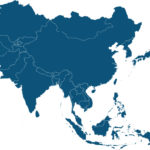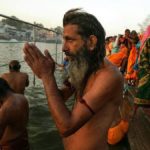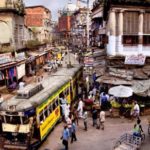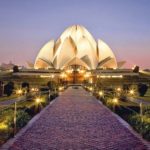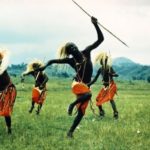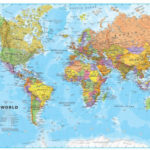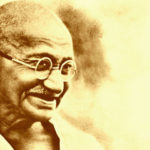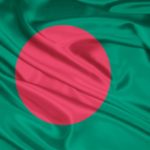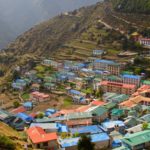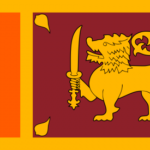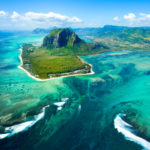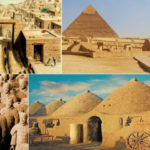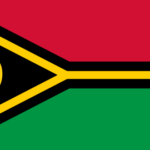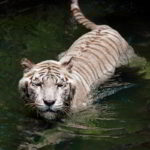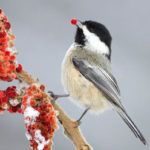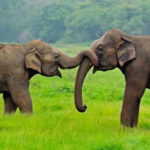Interesting facts about India
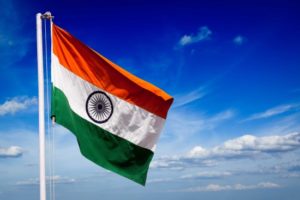 India is one of the most ancient countries on the planet. The history and culture of India are rooted in such a profound past that even professional scientists, culturologists and historians can not yet fully understand them. True, the real picture is less bright. India is an overpopulated, poor and in some places rather polluted country, not at all resembling that wonderful place that is usually described in fairy tales and movies are shown.
India is one of the most ancient countries on the planet. The history and culture of India are rooted in such a profound past that even professional scientists, culturologists and historians can not yet fully understand them. True, the real picture is less bright. India is an overpopulated, poor and in some places rather polluted country, not at all resembling that wonderful place that is usually described in fairy tales and movies are shown.
India ranks second in the world in terms of the number of people living on its territory after China (the country’s population is about 1.3 billion people).
The territory of modern India was populated by the ancestors of modern people about 500 thousand years ago. Just think about it – half a million years ago!
In the elections of 2014, 668 women and five transsexuals went to the Indian parliament.
India has an amazing variety of species of animals and plants. At the same time, about 33% of the varieties of plants growing in the Indian forests are not found anywhere else on the planet.
Indians first began to season the food with black pepper.
The national sport in India is grass hockey, and the most popular is cricket, which the Indians received from the British colonialists. The Indian team won more Olympic medals in hockey on the grass than any other country in the world.
India is the birthplace of yoga.
In the Indian capital of New Delhi, the International Mango Festival takes place every year.
One of the main architectural symbols of India, the mausoleum of the Taj Mahal, has been built by more than 20,000 workers and artisans for almost 30 years. Now this unique structure is gradually covered with cracks and turns yellow due to extremely dirty air – the complex has to be cleaned regularly with the help of a special white clay.
In 2010, between New Delhi and Mumbai began to cruise luxury train, called the “train Maharaja”. The passengers of the train can admire the most famous sights of India, settling in the cool of five-star wagons.
India leads the world in terms of the number of murders and abortions per thousand of the population.
The people of India speak 780 languages and more than a thousand dialects formed from these languages.
The Indian authorities have legally banned the transfer of its national currency through the border – Indian rupees. It is forbidden to import rupees into India or export local money from it. However, still, no one usually checks anything.
In India, it is customary to celebrate weddings with a big wave – even not too rich families invite up to one and a half thousand guests to marry and organize a festive feast for them.
Indians consider cows to be sacred animals, so they do not eat beef and allow cattle to freely roam the city streets and beaches. However, this does not apply to the state of Goa – beef is very much eaten here, since the vast majority of Goa’s inhabitants are Christians, not Hindus.
Dollar millionaires are more than a million people in India.
In India, almost no one uses washing machines – wealthy Indians prefer to hire a housekeeper who takes the laundry on herself, and poor families simply wash their clothes in the nearest pond.
Indian women do not address their husbands by name, since this is considered disrespectful.
In India, more vegetarians live than in any other country in the world.
Indian mail has the largest network of correspondence delivery in the world. On the territory of the country there is a post office, located at an altitude of 4400 meters above sea level, there is a floating post, and a few decades ago Indians served mobile postmen on camels.
The sacred city of Varanasi is one of the oldest continuously inhabited cities in the world.
India ranks second after the United States in terms of the number of English-speaking residents.
The Indian town of Cherrapunji is considered one of the most rainy and wet places on Earth.
In Jaipur, there are the world’s largest sundials.
Indians cook more than 140 kinds of traditional national desserts.
In the Indian village of Bactwang, the largest family on earth lives – it consists of the head of the family, 39 of his wives, 94 children and 39 grandchildren.
